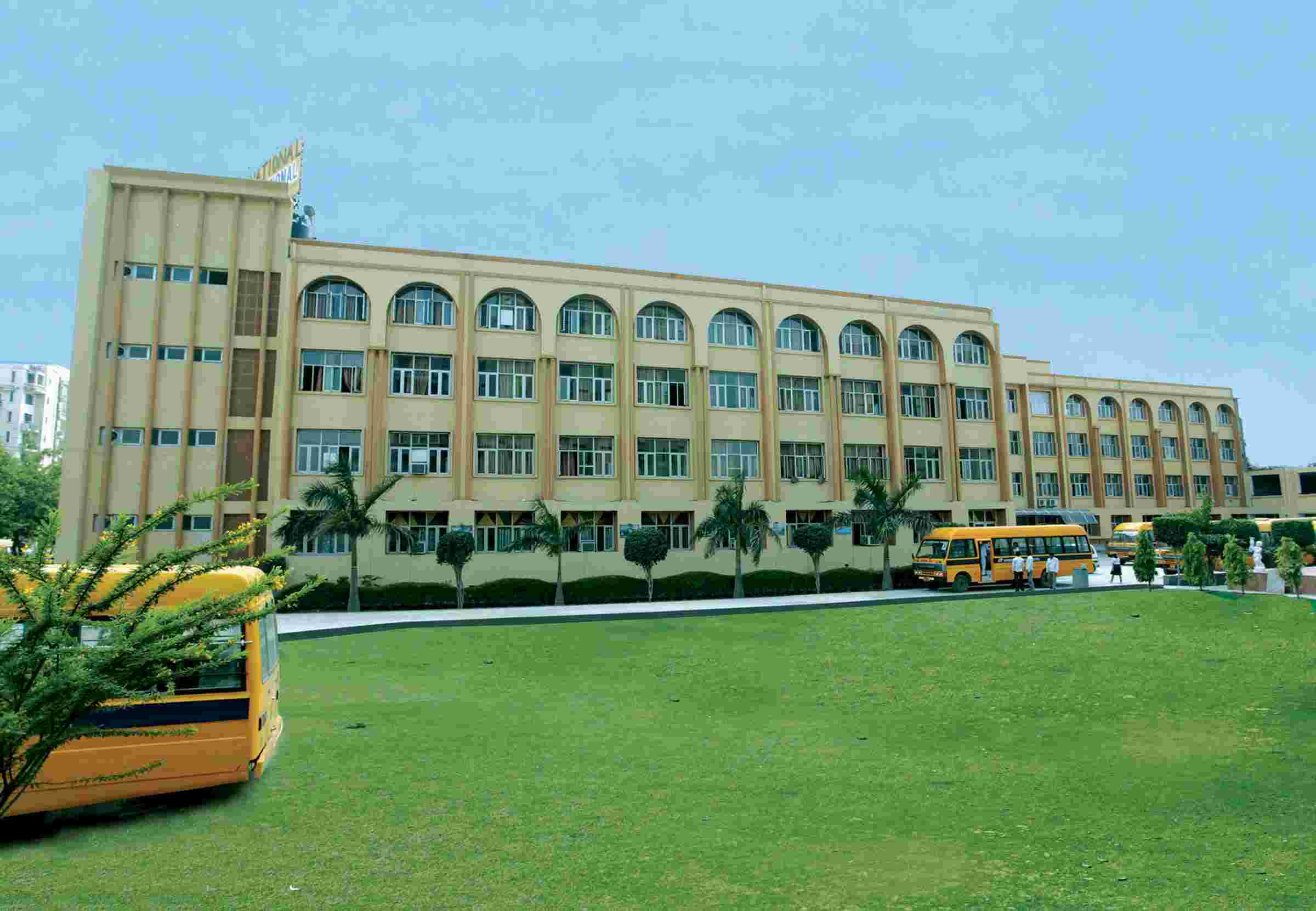
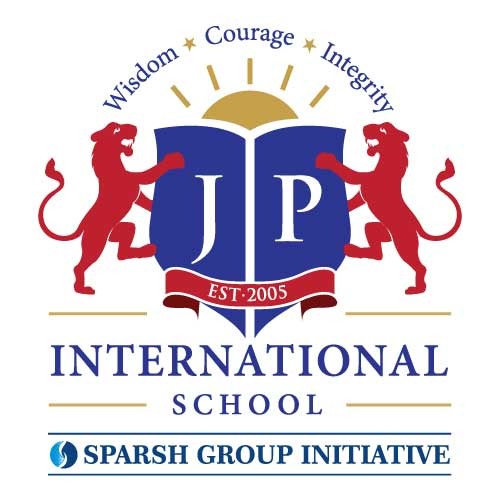
T:+91 7669-933-404
Email: [email protected]
Plot 3A, Sector Omega 1, Near Pari Chowk, Greater Noida, GB Nagar, Pin Code 201308


T:+91 7669-933-404
Email: [email protected]
Plot 3A, Sector Omega 1, Near Pari Chowk, Greater Noida, GB Nagar, Pin Code 201308

Dr. Parth J. Shah (PS): Like any other major policy, NEP is a mixed bag. On the positive side: separation of functions has been introduced. For example, the Department of Education does many things: policy making, regulation, adjudication (solving disputes), and running government schools. In other sectors, these functions are divided/ separated across different agencies so that they can specialise in that function and the public can hold it to account for performance. We have done these separations in telecom, banking, insurance and now real estate.
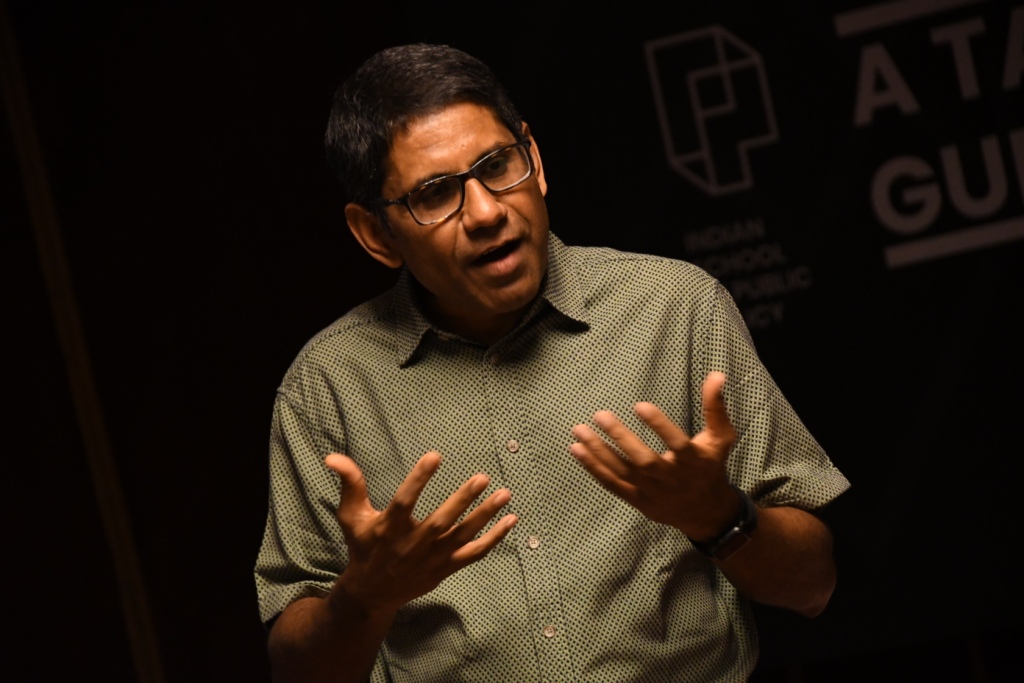
PS: NISA was in our thinking for a long time but it started its operations in 2011. The Right to Education Act required a lot of infrastructure and inputs for a school to be recognised. NISA members are budget or low-fee private schools and they just cannot afford all these requirements or they would have to raise their fees which parents won’t be able to afford. NISA tries to find solutions to such problems through direct discussions with various stakeholders such as the government, the public and the media. Besides this, NISA serves the cause of improving the quality of learning – both for students and teachers. They partner with service providers and get cheaper rates for the member schools to improve student and teacher experience in the classrooms.
PS: Budget or low-fee schools became prominent during the late 1990s when parents began to earn a little better income. Local entrepreneurs saw this desire of poor parents to provide better education to their children, and often to teach English. All of these schools are run by local people for the benefit of local parents. It is a genuine grassroots movement where the poor are trying to solve their own problems. These are not fancy private schools, they operate in the slums and poor neighbourhoods. In Bharatpur, for example, a manual labourer sends his daughter to a BPS which charges only Rs. 50 per month. The school may not have top-class infrastructure, but if the education imparted is good, then it does serve the cause. These schools demonstrate that one can provide a good education without all the fancy buildings, large playgrounds and big libraries. That is what they are suggesting to the government: focus on learning outcomes and not on infrastructure and inputs.
PS: Umang focused on the use of blended learning technology to improve the quality of education in BPS. It was conducted in the schools of Haryana and Uttar Pradesh. Patang was carried out in the high-fee private schools in South Delhi for the 25% of students, who were admitted to these schools under RTE. We were testing various methods of support to these students and parents that would enable them to do well in the school to stay on par with the other 75% of students.
JPIS: It has already happened! The draft NEP focuses on learning outcomes and requires that the governance processes be set up to achieve learning outcome goals. The NITI Aayog index on school quality education also puts heavy weight on learning outcomes. The draft NEP also talks about the separation of functions in the education departments. We are now working on how to implement this separation given all the existing agencies and the division of work among them.
JPIS: One can say that the root of all our large-scale social and economic challenges is in public policy. And public policy is a very powerful tool for social change. For many years, the Centre for Civil Society has been running short-term courses and trainings for college students, young professionals, NGO leaders and local language media persons. Given the enthusiasm of the participants and a more open-door policy by the Government, we decided that we should train people more deeply and thoroughly in policy design and management. We were very fortunate to have the support of luminaries in the field like Nandan Nilekani, Nadir Godrej, Dr Vijay Kelkar, Dr Shekhar Shah and several professors from around the world. The Indian School of Public Policy strives to develop policy makers of tomorrow by amalgamating theoretical rigour with experiential learning. The first batch has already started in August 2019 with 58 students from diverse backgrounds and aspirations.
- JP International School13 May 2024
They make sure children are ready for what's to come by encouraging adaptability, a growth mental...
11 May 2024
Choosing a top school near me, like J.P. International School, is crucial to success. Premier sch...
6 May 2024
As you strive to enhance your child's education, keep in mind that the route may be meandering an...
25 April 2024
Teachers have the opportunity to improve their craft and keep up with new developments in the fie...
20 April 2024
It is important to give priority to characteristics such as exceptional learning environments, hi...
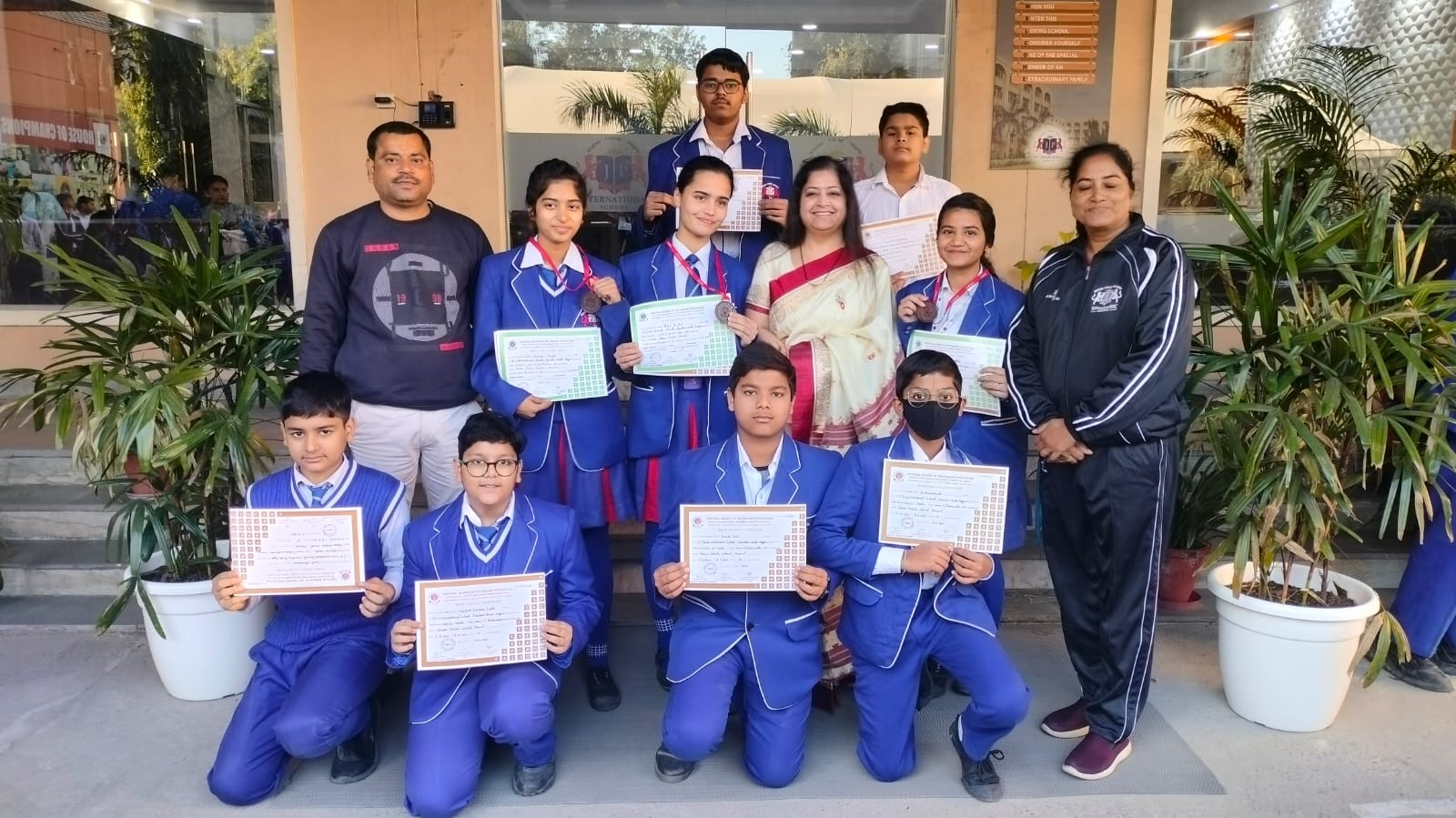 8 December 2022
8 December 2022
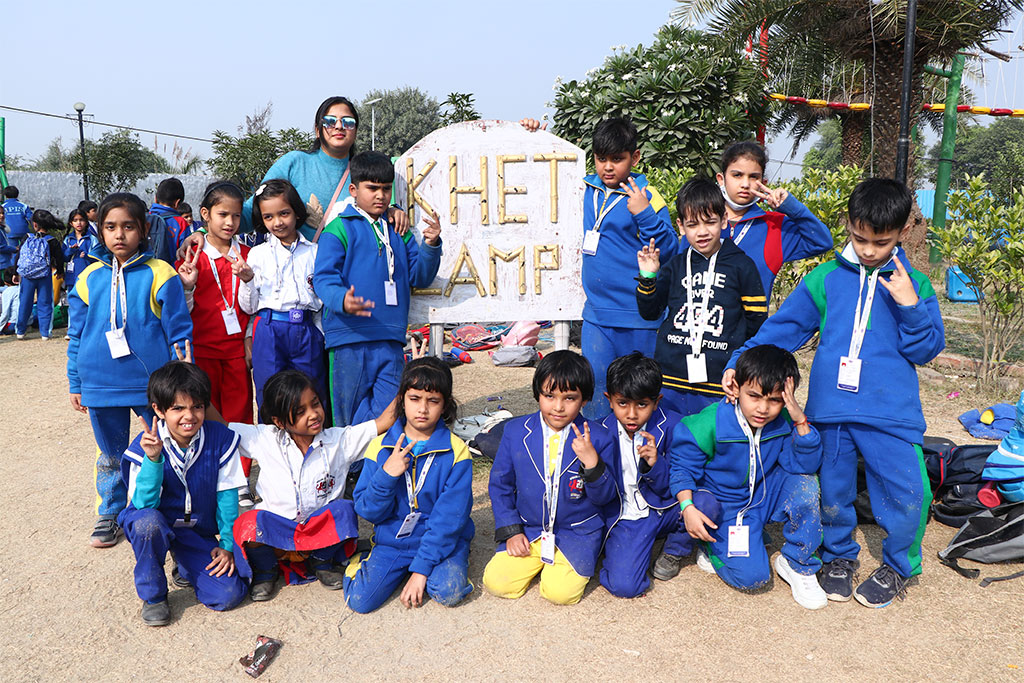 2 December 2022
2 December 2022
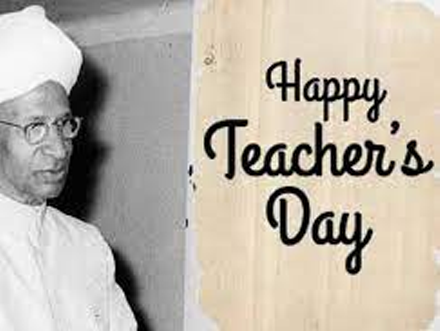 21 July 2022
21 July 2022
